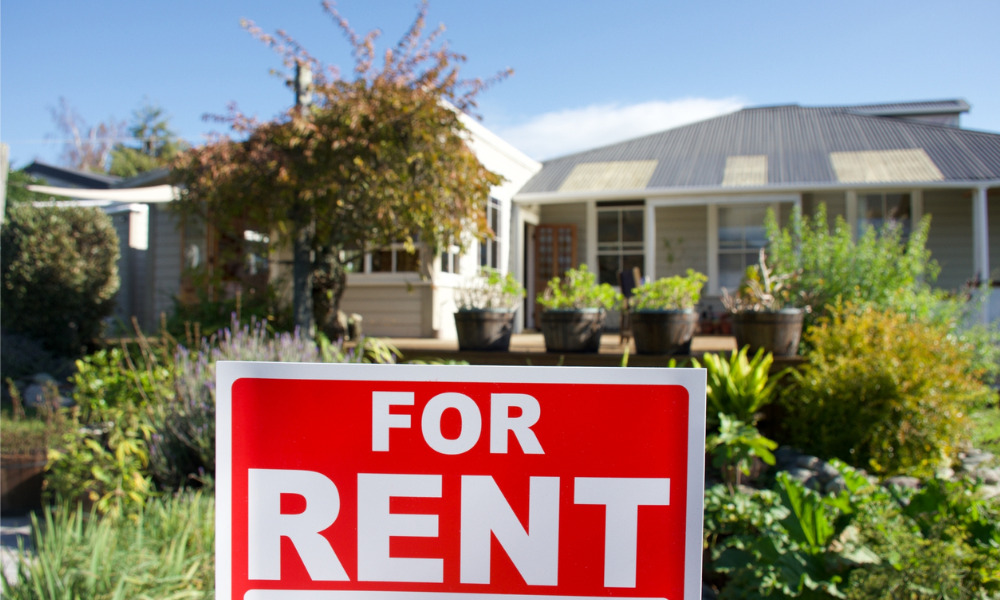Some adjustments to tax payment regimes might be needed to keep rentals affordable, Tal says

Waiving or deferring the harmonized sales tax (HST) on purpose-built rentals will be “the most pragmatic step” in keeping rents down, according to Benjamin Tal of CIBC Capital Markets
Postponing the payment of HST on purpose-built rental projects from first occupancy to the sale of the building, while keeping the same valuation, will be the “most realistic option” as its implementation will be relatively easy, Tal said.
This will be especially important as borrowing rates are likely to remain elevated for the foreseeable future, at least until inflation levels dial down to the Bank of Canada’s 2% target.
“The overall trajectory is towards an even tighter and more unaffordable housing market,” Tal said.
He argued that for one, the Ontario government will be more than willing to implement this strategy, citing a sentence in the province’s recent budget that reads as follows: “We call on the federal government to come to the table on potential goods and services tax/harmonized sales tax (GST/HST) relief, including rebates, exemptions, zero-rating or deferrals.”
In Toronto alone, such a measure would bring down by nearly $60,000 the unit cost of a 400-unit project in the city. Tal said that this would pave the way for a “meaningful reduction” in rent rates, “while at the same time unlocking tens of thousands of rental units across the country in short order – clearly a step in the right direction.”
These adjustments to the tax payment regimes would also be a boon for developers.
“At this point, numerous companies all over Canada have attempted to start significant rental pipelines, and despite having a low cost of capital through partnerships with Canadian pension funds, a long-term investing horizon, and a mandate to be part of the solution to the rental supply crisis, they are unable to make projects economically viable in the current climate,” Tal said.



